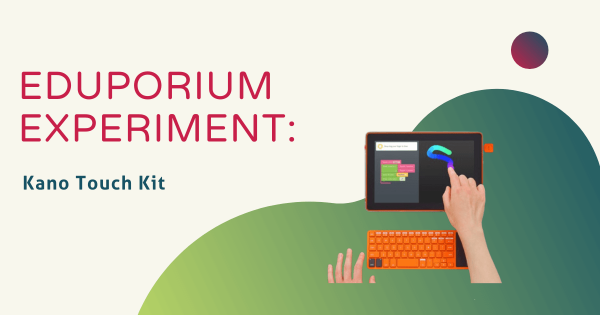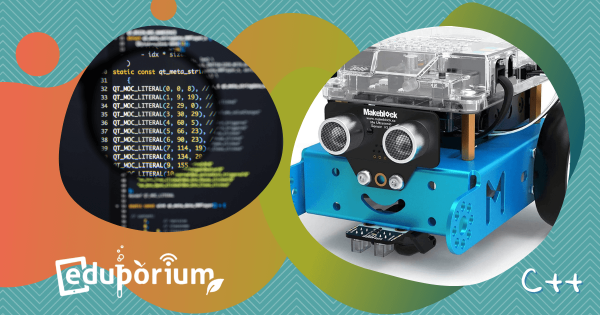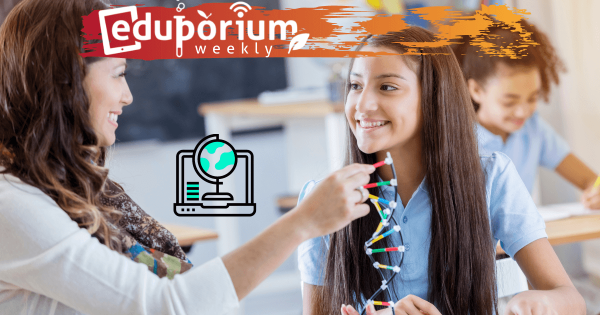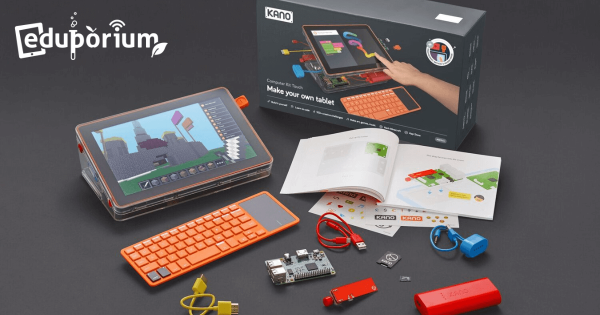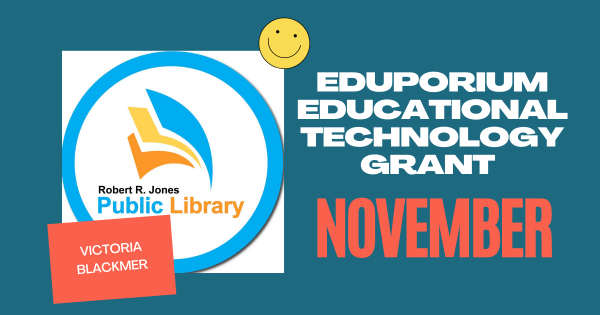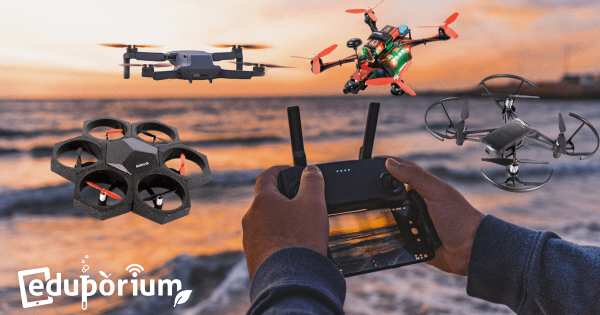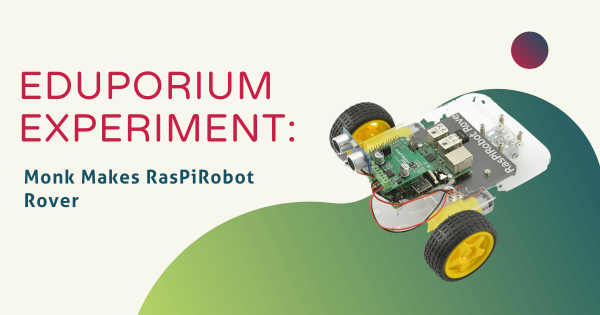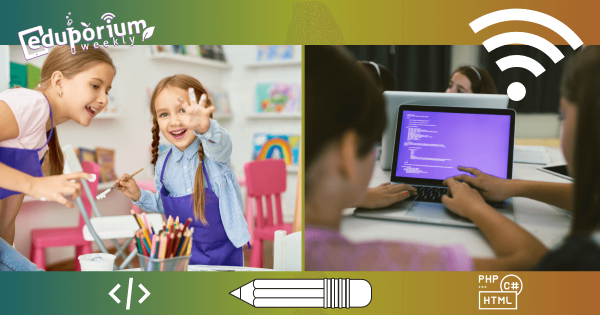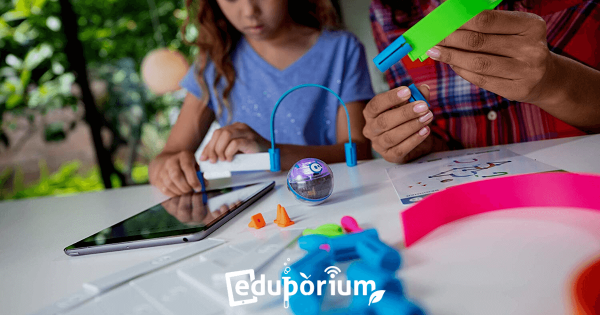Coding
Coding is, of course, a hugely important area of 21st century education. Whether they're as young as Pre-K or ready to enter college, coding is extremely relevant to almost every student's future. Thankfully, millions of educators and administrators realize the importance of teaching kids to code. Whether it's a curricular requirement or part of an informal school club, programming experiences are amazingly valuable for students. There's also plenty of options, so educators can find something without complicated or pricey features. In this section, you'll see a lot of different topics related to K-12 coding. These include features on particular STEM tools, insights on coding integration, skills students can develop and more. There's also something for teachers of all grade levels. Whether you teach the early grades or have students with the foundation to take the next step, you'll find helpful resources for teaching coding in the classroom.
Coding is truly an experience that all K-12 students can have. Starting in the early grades, students can code screen-free with a tool like the Cubetto Robot. Then, they can start to increase their coding skills and explore Blockly environments using tools like the Dash Robot, Ozobot Evo, and many others. From there, students can explore a bunch of different languages, like Snap!, Scratch, MakeCode, and more and, eventually, expand their skill sets by exploring text-based languages, like JavaScript and Python. All the while, the STEM solutions we advocate for also allow students to learn the most important coding concepts, like loops, variables, inputs, conditionals, and syntax. With a natural progression that leads to increased computer science competencies and enhanced future readiness, it's tough to understate the relevance of coding experiences in the classroom.
-
Eduporium Experiment | Kano Touch Kit
There are two books kids can follow—one with instructions for building the computer and another that details all of the ways kids can then code with it. Well, now Kano has a few new models (as well as classroom packs), but for this edition of the Eduporium Experiment, we’re taking a look at the Kano Touch Kit and how kids -
Take The Next Step In Teaching Programming With C++
The C++ programming language can be learned by anyone with some computer science experience. On the basic side, students can learn things like loops, arrays, strings, functions, and variables, while the more advanced programming with C++ includes the capability to control pointers, structures, dynamic allocation, binary trees, and more. -
Eduporium Weekly | STEM and All that it Covers
As STEM education has developed over the last few years, now there are even more ways for teachers to deliver an innovative educational experience for their students. STEM education has been broken down into various focuses, including robotics, coding, 3D printing, and more, but there have also been letters added. -
Class Packs, Club Packs, and STEAM Packs from Kano
Now, Kano’s options have expanded and we’re excited to introduce their STEAM Packs, Club Packs, and Classroom Packs for both the traditional Kano and the touchscreen model. With these kits, innovative educators can support up to 30 students and empower them to code, create, and collaborate with all new options! -
Eduporium Weekly | It's CS Ed Week...Just Get Coding!
Every year, students in schools around the world take part in Computer Science Education Week and the Hour of Code. Participation in this fantastic initiative has continued to grow every year since its official inception and we expect this year to the biggest one yet! This year’s CS Ed Week begins on Monday (Dec. 3) and runs through Dec. 9. -
Our November EdTech Grant Recipient: Victoria Blackmer
After careful consideration, we believed the most deserving applicant from this past month is Victoria Blackmer from the Robert R. Jones Public Library in Coal Valley, Ill. Victoria is a librarian at this library in Coal Valley, which is almost on the border of Iowa, and she has also begun to work closely with the nearby Bicentennial Elementary School. -
Small Drones. Big Drones. Create A Full-blown Drone Zone.
Though it seems like it might be too challenging or expensive to implement drones into STEM learning, the fact is that it’s no more difficult than adding more traditional STEAM tools. Aside from securing places to fly them, your biggest challenge might just be deciding on a model or two. But, don’t you worry—we’re here to highlight some of the -
Eduporium Experiment | The MonkMakes RasPiRobot Rover
If you’re looking to expand the use of your Raspberry Pi’s and even expose children to in-depth programming challenges, this MonkMakes RaspiRover Kit is a great way to combine computing, coding, and robotics. It’s an ideal kit for engaging ambitious children who are ready to take the next step and with further explore computer science principles with the Raspberry Pi. -
Eduporium Weekly | All The Top Topics We Shared This Week
We are committed to using this platform to truly help educators better their approaches to teaching along with establishing new, dynamic professional connections more regularly. In any case, the following sections should give you a glimpse into what were among those five most popular topics based on impressions to appear on our Twitter feed in the last week. -
With More New Models, Sphero Kits Support Your STEM Goals
The Sphero Robots truly work great in K–12 STEAM and CS education. We mean really great. Starting early on, and then all the way up through middle school, teachers love the value that the Sphero solutions add to classroom instruction. Perfect for empowering true 21st century problem solvers, the various Sphero Robots are must-add teaching tools with a ton of




